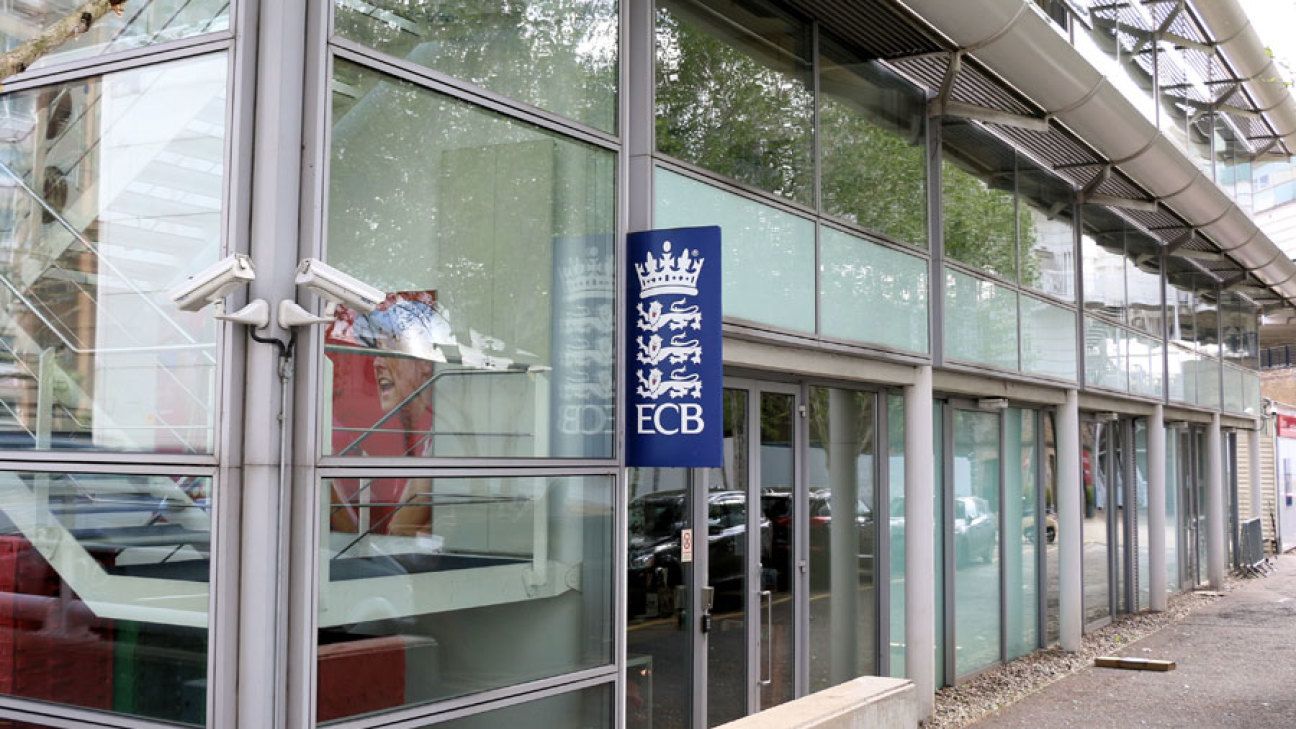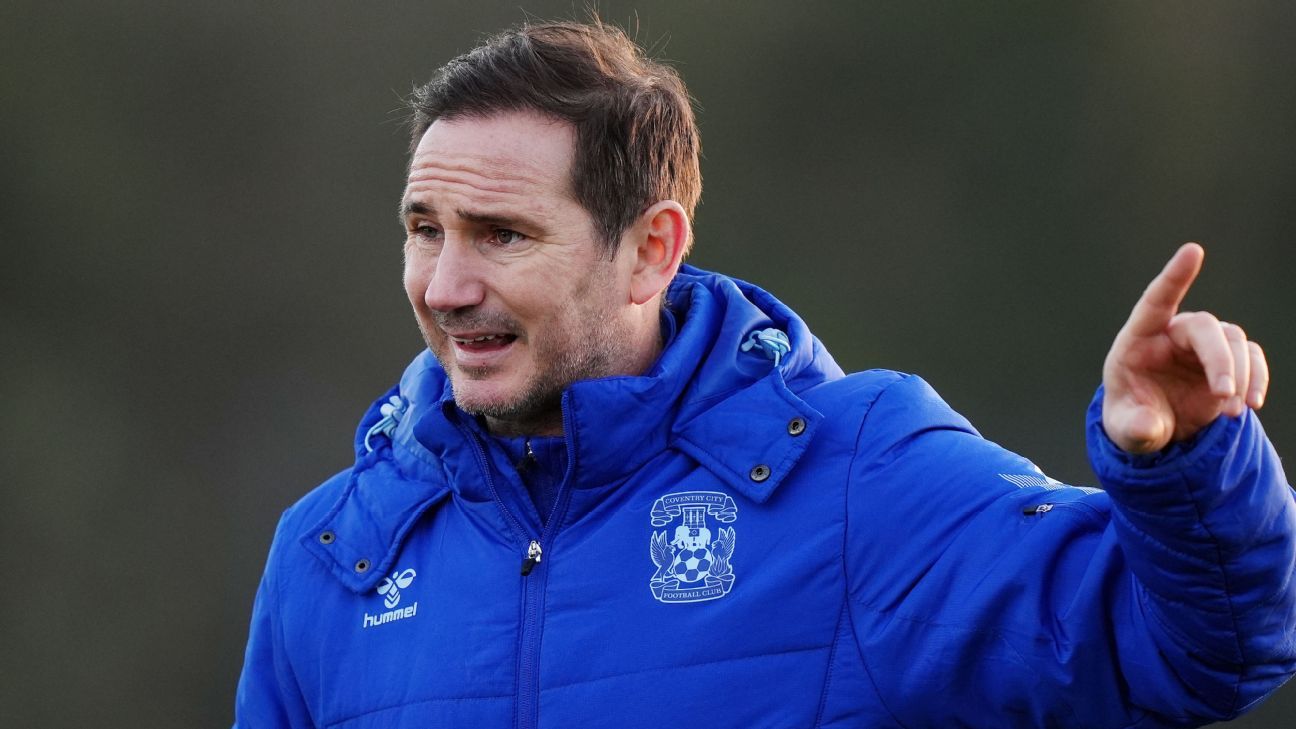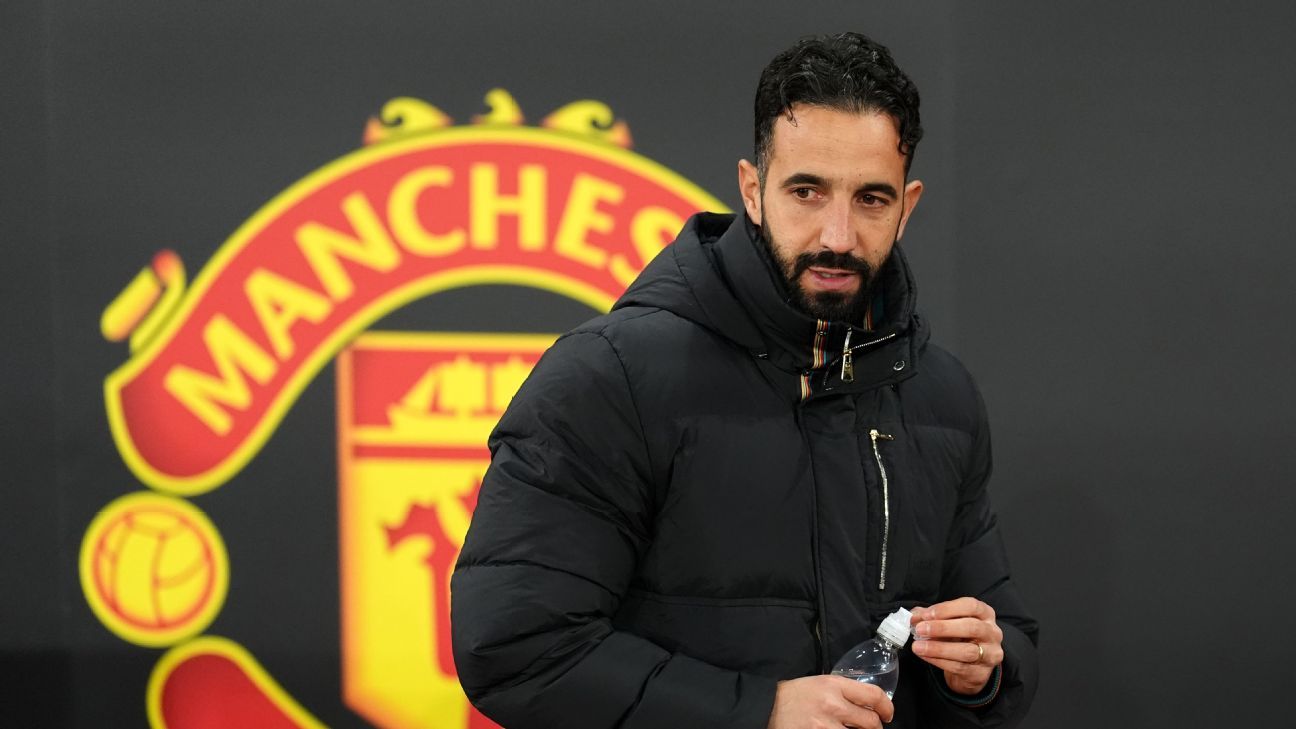
Richard Thompson, the ECB chair, has acknowledged that the scale of English cricket's problem with discrimination is likely to prove "challenging for the sport" when the full findings of the Independent Commission for Equity in Cricket (ICEC) are published early next year.
However, writing in the introduction to the ECB's 12-month review into its game-wide Action Plan, Thompson insists that the progress outlined in three of its own EDI reports demonstrates the sport's clear aim to be "more open and inclusive".
"We know cricket at its best is a game for everyone, no matter what their background," Thompson wrote. "We also know the difficult truth: that for too many people, that hasn't always been the case. We know we are at the start of the journey and we will continue to work to reach a place where cricket is the most inclusive sport."
Among the findings in the board's updates are a 32% increase in the number of women's and girls' teams across England & Wales in 2022, and a £17.5million investment into more than 1,600 facilities projects since 2021.
In November 2021, the ECB adopted a 12-point Action Plan at a game-wide meeting at The Oval, in the wake of Azeem Rafiq's explosive testimony at the DCMS select committee hearings in Westminster, at which the extent of English cricket's institutional racism was laid bare.
Rafiq and other figures within English cricket - including Yorkshire's chairman, Lord Patel - are due to give further evidence to the DCMS committee next week, a process that is set to go ahead in the absence of the committee chair, Julian Knight, who has been suspended from the Conservative Party following an allegation of sexual assault.
Responding in a statement on Twitter, Knight insisted that the withdrawal of the whip was "wrong and unjustified", but added that he would be recusing himself from parliamentary business until the matter is resolved.















 Phone: (800) 737. 6040
Phone: (800) 737. 6040 Fax: (800) 825 5558
Fax: (800) 825 5558 Website:
Website:  Email:
Email: 






